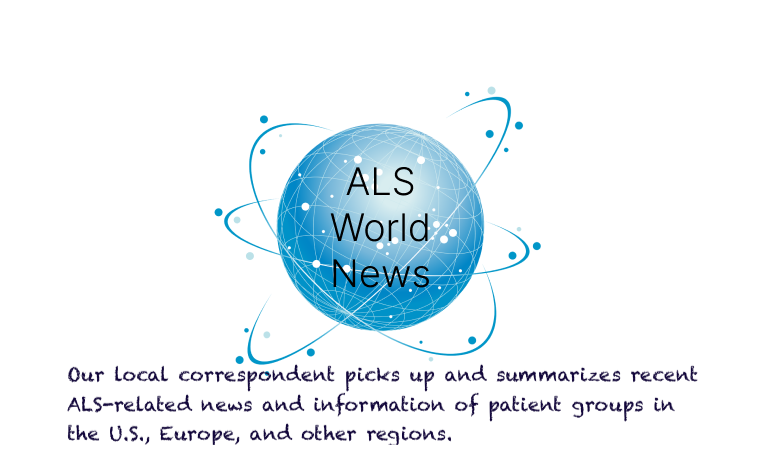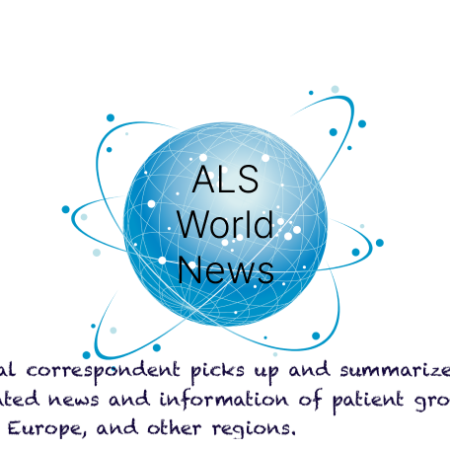It is estimated that there are currently about 4,000 patients diagnosed with ALS in the U.K., or one in every 300 people. In Japan, the number of patients is about 10,000. Since the population of the UK is about half that of Japan, the ratio is probably roughly the same.
In the United Kingdom, EXPERTS-ALS was launched in November 2024 with the aim of rapidly identifying the most promising candidate drugs to advance to larger scale clinical trials through mutual collaboration among 11 major universities and research institutes in the United Kingdom.
We are pleased to share news from one of the major universities participating in EXPERTS-ALS, UCL (University College of London).
This is a short film about the progress of Motor Neuron Disease (MND) research at UCL. (*In the UK, ALS is defined as one of the Motor Neuron Disease (MND).
The film features interviews with Professor Pietro Fratta and Professor Elizabeth Fisher (UCL Queen Square Neurological Institute) and discusses advances in research into new gene therapies that could be used to treat MND patients.
In 2021, researchers determined that the primary cause of motor neuron cell damage is the loss of UNC13A, a protein that helps neurons communicate messages to each other. in MND patients, the instructions for making this protein fail and the cells cannot make UNC13A.
The findings are now being used to develop a treatment targeting UNC13A in a £78 million investment by UCL spin-out biopharmaceutical company: Trace Neuroscience. The company expects the therapy to advance to human safety trials in 2026 and then to clinical trials.
The film investigates a new technology for delivering gene therapy devised by Professor Fratta and Dr. Oscar Wilkins (Francis Crick Institute). This new gene therapy delivery system is only active in cells affected by MND and remains inactive in other cells. This removes the risk of side effects in these cells.
Prof. Pietro Fratta comments: “If this gene therapy works, it will bring a lot of hope for difficult diseases. I really hope this reaches patients within two years from now.”
Professor Elizabeth Fisher comments: “Moving from bench to bedside, from basic research to effective treatments for patients, is usually a very long process. It is wonderful to watch the progress of change here. For many years now, this has been a very difficult field to work in. It is remarkable.”
We will keep an eye on the short film as they continue to create and update us on their progress.
Info source:
Motor Neurone Disease (ALS): Causes, Symptoms, and Treatment
EXPERTS-ALS – About EXPERTS-ALS
Reported by Tokiko Kawashima@P-ALS in London on March 18, 2025



